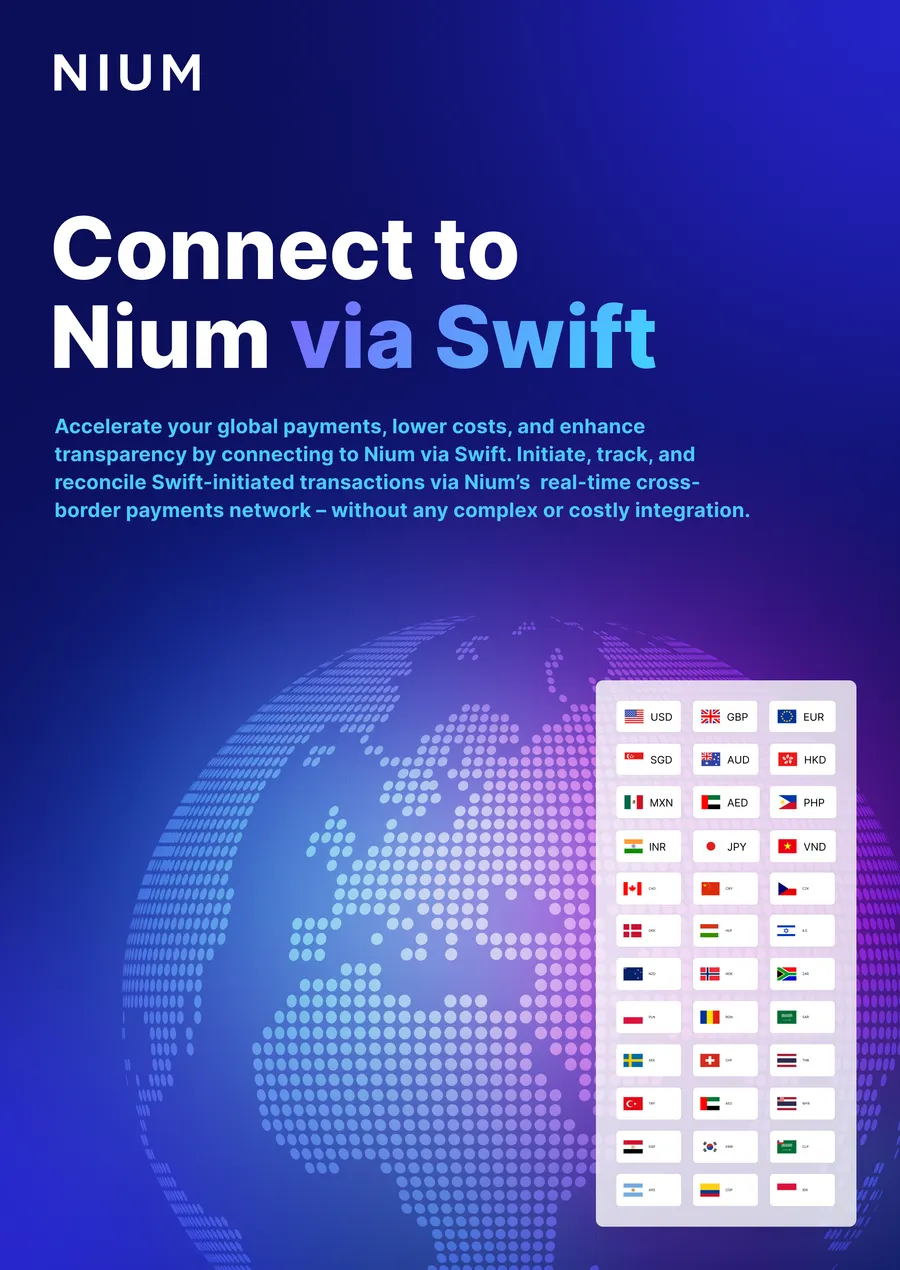In a world where anyone can trade with anyone, trust is more important than ever. Once upon a time, businesses would work mostly with customers they knew, with identities and credibility based on longstanding relationships. Now, however, most customers are just a name on a screen – and knowing who you’re dealing with has major consequences.
Explore how real-time verification streamlines compliance and fraud checks when you meet our team at Money20/20 USA.
The EU puts the total value of fraud across main payment instruments at €4.3 billion for 2022 and €2.0 billion for the first half of 2023 alone, much of which is due to a lack of strong authentication. In the EU (starting October 2025) and UK (starting October 2024), without verification checks, banks are expected to become liable for any losses incurred.
Businesses in industries like financial services and online platforms rely on the ability to verify bank account details before sending or receiving payments. But with more companies looking to conduct deals in real-time, the time available to conduct the necessary checks is getting tighter. This can cost businesses more than they might realize, both in terms of operational efficiency and lost opportunities.
Instarem has seen a 56% reduction in return rates since going live.
To address these challenges, Nium is launching Verify, a real-time beneficiary account verification tool that covers over 50 markets globally. This product is designed to streamline cross-border transactions, reduce errors, and enhance the overall payment experience.
So let’s dig into why account verification has remained such a persistent challenge, and what businesses can do about it.
Why verification matters more than ever
Business is getting faster. From real-time payments to instant business messaging, businesses of all stripes are increasingly demanding things now.
For businesses looking to balance safety and service, this brings up a range of issues, especially for those in the platforms and financial services industries, where scale and global reach are baked into the business model.
Businesses are also facing heightened regulatory pressure to verify bank accounts in real time. The European Instant Payments Regulation and the UK’s Confirmation of Payee are making account verification mandatory for financial institutions, with deadlines approaching quickly.
Businesses that fail to meet these standards could face penalties or operational disruptions, further complicating their payment processes.
What are the costs of inadequate verification
Verification isn’t just a matter of compliance – inadequate or incomplete verification processes have a measurable impact on the bottom line for businesses operating globally.
Payment failures
Many businesses experience high failure rates in cross-border payments due to incorrect beneficiary account details, such as wrong account numbers or routing codes. These errors lead to delays, increased operational costs, and negative experiences – our research found a 10-15% payout failure rate, with 60-70% of those failures attributed to incorrect account details.
From financial institutions handling remittances to platforms onboarding customers, every time a payment fails, it not only delays the process but adds extra costs, both direct (such as transaction fees) and indirect (such as wasted operational effort).
Payment delays
These payment issues are even more pressing for companies with high volumes of cross-border transactions. A payroll platform managing payouts to employees worldwide, for example, needs absolute confidence that the funds will reach the correct bank account, otherwise, it risks creating delays, unnecessary operational costs, and strained relationships with its workers.
Traditional verification methods like penny-drop verification (where a small deposit is made to confirm an account) can take several days to complete, introducing further costs and increasing the likelihood of payment delays. Not to mention, manual processes to verify payments can cost companies up to $50 per failed transaction.
Updating payment verification for global-first business
Companies urgently need a payment verification method that can keep up with the rest of their business. Nium Verify is a real-time verification process that integrates seamlessly with your existing payment infrastructure to ensure you can transact with confidence, wherever you are.
-
Real-time verification: Verify uses a vast network of financial institutions to check bank account details instantly. This instant confirmation reduces the risk of failed payments, so your business can proceed with payouts or other transactions without delay. The plan is to rollout coverage to over 50 countries by the end of the year to deliver security on a global scale.
-
Focused matching: Retrieve the account holder’s name as registered with the bank to ensure the payment details match up with the correct recipient. This not only reduces the chances of failed payments but also helps to prevent fraud.
-
Flexible payout options: Whether you need to verify bank accounts for traditional transfers or use proxy identifiers (such as mobile numbers or email addresses), Verify supports a range of payout methods. For businesses operating in markets with diverse payment preferences, this means you can offer consistent security and risk management for all customers.
-
Seamless integration: With a simple API that integrates into existing systems, Verify offers businesses an easy and cost-effective way to enhance their payment processes without the need for major technical updates. The API integration also ensures that as Verify continues to expand to new markets, businesses can access them instantly without any development required.
Accelerating trust in international payments
With more businesses relying on international payments, effective verification is not just an operational challenge – it’s a commercial advantage. The ability to determine correct, timely, and efficient routes for payments enables businesses to close business faster and provide superior service at scale, all while reducing their own costs and risk exposure.
-
Platform-based companies dealing with gig workers or independent contractors in various regions can ensure timely payments, keeping their workforce satisfied and minimizing churn.
-
Financial institutions can keep up with new, stricter regulatory requirements while also reducing the costs and headaches associated with manual verification processes.
Nium Verify helps businesses get ahead of the payment verification challenge before regulators and customers demand it. With real-time account verification across 50+ markets, Verify ensures that businesses can operate with confidence, knowing their payment processes are accurate, secure, and compliant, and keeps the world open for business.













